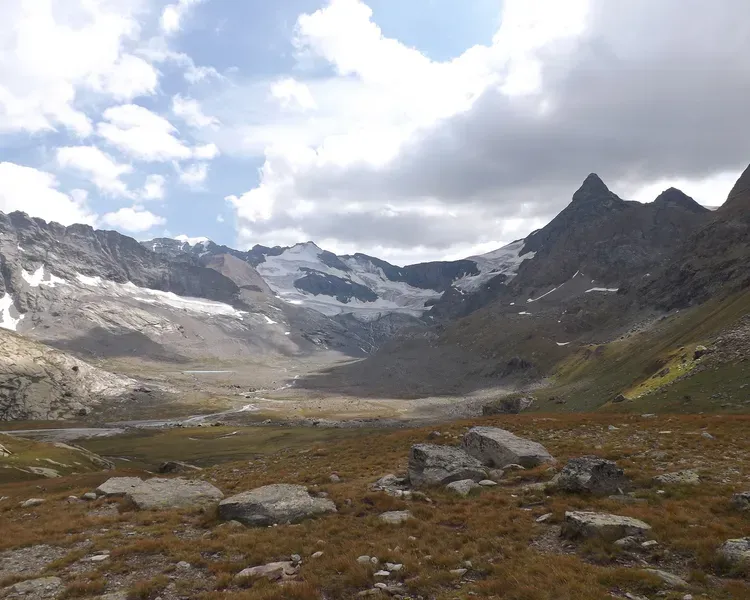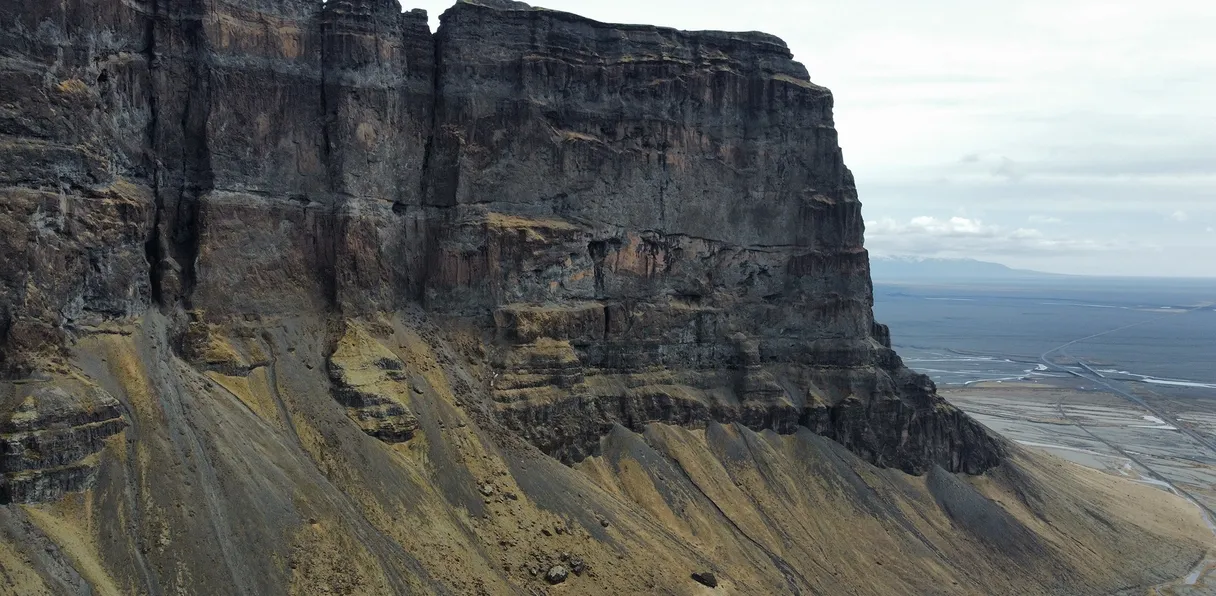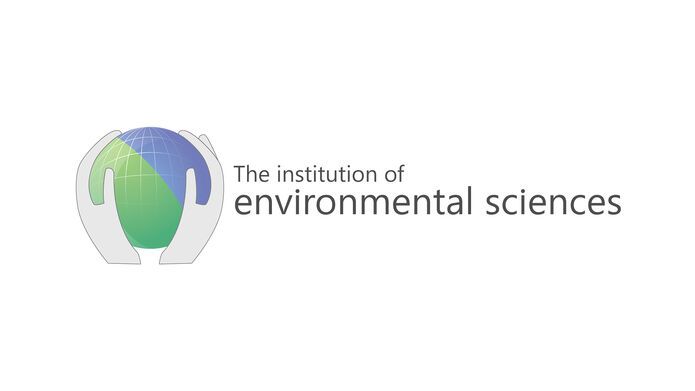Clearing is open. Apply now or call +44(0)1382 386386
Environmental Science BSc (Hons)
Learn to become a scientist specialising in dynamic physical systems and processes. You will also learn about their interactions with human systems

Start date
September 2025
Duration
4 or 3 years
UCAS Code
F750
Location
Dundee City Campus
Joint 2nd in Scotland for graduate prospects
Guardian University Guide 2025 / Times University Guide 2025
Environmental Science addresses complex dynamic interactions between human and physical systems. Human wellbeing and development depend on these biophysical resources. An understanding of the effective use, management and protection of them is crucial.
The interactions between human and physical systems are complex. Due to this, Environmental Science has to take an interdisciplinary approach. This means bringing together perspectives and approaches from multiple areas of scientific enquiry.
The Environmental Science degree at Dundee brings together learning from the following areas:
- Earth’s major realms: atmosphere, hydrosphere, lithosphere and biosphere
- major systems and cycles operating across these realms. This includes the carbon cycle, climate systems, ecosystems, the water cycle.
- topics of key concern. These include topics such as:
- climate change
- extreme events and related geohazards
- biodiversity
- air and water pollution
- the scientific method and systems approaches from multiple scientific areas. These include:
- biology
- chemistry
- climatology
- ecology
- geography
- geographic information systems
- hydrology and water resources
- oceanography
- satellite image analysis
- statistics
- sustainability
Over your degree you will learn how to integrate these areas in scientifically appropriate and rigorous ways. You will learn about investigating past, current and future environmental systems. This will also cover changes to these systems. You will learn how investigating these systems informs knowledge development and decision-making on contemporary issues and challenges.
You will leave us as a graduate with the knowledge, skills and confidence which employers look for in relevant areas. These include environmental and environmental risk management, regulation and policy, and sustainability.
You will also develop other transferable skills in areas such as:
- problem framing
- data handling and analysis
- literature analysis
- collaborative working
- effective presentation and communication
These will help open doors for additional career options.
In the first and second years, you will learn about the main Earth realms, systems, and processes. You will learn how they interact, and how humans impact them. Alongside your core modules, you will also select modules from other subject areas. This gives you flexibility to tailor your degree pathway to suit your interests. As well as learning this through lectures, you will also learn through tutorials, practicals and local field trips.
In the third and fourth years, you will continue to develop as a confident environmental scientist. You will develop your skills as a researcher, analyst and communicator. You will focus on science training. This will include:
- detail on the scientific method and its limits
- study design
- fieldwork planning
- data acquisition and handling
- both laboratory and non-laboratory forms of analysis and modelling
- interpreting and discussing results
In third year you will have the opportunity to participate in an advanced residential field course. This is currently to Iceland. This will give you opportunities to investigate environmental dynamics and interactions first-hand. It's an opportunity to put in-depth training into practice.
In fourth year, you will complete a dissertation project. The topic of this will be of your own choosing. This will provide you with an opportunity to bring together all your learning, training, and experience on specific topics.
In both 3rd and 4th years you will choose elective modules. This will enable you a deeper dive on the areas of environmental science that most interest you. These modules are often aligned to the specialisms of our research-active teaching staff. This allows you to build connections in areas that most interest you.
As environmental science is interdisciplinary, you will share classes and activities with students doing other degrees. Notably, this will often be students on geography degrees. Similarly, you will also be taught by both environmental science specialists and by others. You will also be taught by geographers, biologists, ecologists, and engineers. You will also be able to attend lectures from experienced non-academic professionals. These will provide a valuable perspective in various fields. This will include environmental and flood risk management and renewable energy.
In addition to this course, Environmental Science and Geography is also available. This can be taken as either BSc or MA.
You also have opportunities for studying abroad. This can be for a semester or entire academic year as part of your degree, at partnering universities in Europe, North America and Australia.
In addition, working with our Careers Service, you will have access to a range of internship opportunities, inside and outside the UK. This will enable you to find work experience and opportunities to develop employability.
This course is also accredited by the Community for Environmental Disciplines in Higher Education. This is the largest accreditation scheme for environment-related degrees in the world. This provides you further opportunities for networking. It can also provide access to additional career-related resources.
Our student-led Geography and Environmental Student Society runs a programme of activities. They will reach out to you when you start, to help you become part of our community.

Professional accreditation

Accredited by the Committee of Heads of Environmental Sciences (CHES), the education committee of the Institution of Environmental Sciences (IES).
Rankings
1st in Scotland for Overall Student Satisfaction in Environmental Sciences
National Student Survey 2025
Contact our enquiry team
If you have any questions about the admissions process, studying, or living in Dundee, please contact us